In what is known as developing “Climate Resilient Varieties” (CRV) in the face of the emerging challenges of climate change, the Evolutionary Plant Breeding (EPB) trials have been introduced in Bhutan in 2019 through the EPB project which is funded by International Fund for Agricultural Development (IFAD) through Biodiversity International. The EPB project is coordinated by NBC in collaboration with relevant organizations like National Centre for Organic Agriculture (NCOA), Yusipang and Agriculture Research and Development Centres (ARDC Bajo and Samtenling), Agriculture and Research Development Sub-Centre Tsirang and Dzongkhags and Gewogs agriculture sector of Tsento (Paro), Kabjisa (Punakha), Tsangkha, Mendrelgang (Tsirang) and Singgye (Sarpang).

The evolutionary populations for bean were prepared by mixing the six most popular traditional varieties Gew Bori, Pole Bean (Grey), Boshi Bori, Kalo Gew Bori, Mixture. The crop populations with a high level of genetic diversity are being subjected to the forces of natural selection. Thus, evolving crop populations are expected to be climate-resilient and sustainably high-performance crop varieties.Field Day: The Agriculture and Research Development Sub-Centre Tsirang in collaboration with National Biodiversity Centre (NBC) and Gewog Agriculture Sector of Mendelgang organized the Field Day on “Participatory assessment of evolutionary plant breeding (EPB) trial on Beans” at Tashipang under Mendelgang Gewog, Tsirang on 29th December 2021.
The Field Day at Tashipang was participated by a total of 22 bean growing farmers consisting of 13 females and 9 males from Mendelgang Gewog along with the Gewog Agriculture Extension Officer, researchers from the ARDSC Tsirang, NBC and 4 CNR interns.

During the field day, farmers were briefed on the importance of maintaining crop diversity in the on-farm and EPB project activities and the importance of the trial.
Then the farmers were grouped into a group of men and women to account for differences if any in the gender-based preferred traits for beans. Women group enlisted more preferred traits viz like yield, price, cooking and eating quality/taste, adaptability and grain color. Whereas men group enlisted fewer preferred traits than by women group viz. price, yield adaptability. Cooking quality and color of grains were not enlisted by the men group.
The field day provided a rare opportunity for participants to observe and compare the Evolutionary Population mixture and 5 pure line bean varieties namely, Gew Bori, Pole Bean (Grey), Boshi Bori, Kalo Gew Bori. The 3 best varieties Boshi Bori, Gew Bori, Kalo Gew Bori were selected by the farmers. The phenotypic data like number of pods per plant, plant height and yield were collected.
Such EPB trials are also ongoing at Kabjisa in Punakha and Tsento in Paro and Singgye in Sarpang for rice.

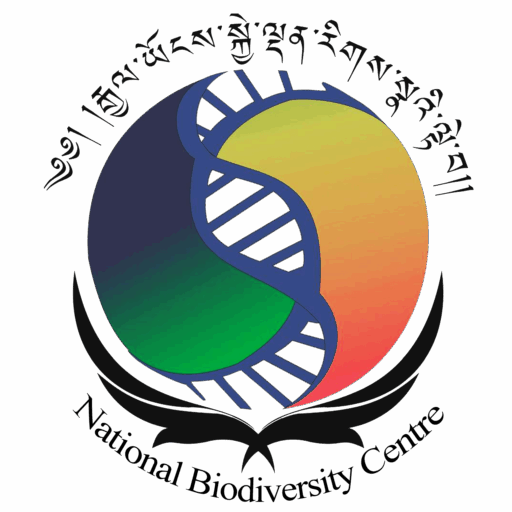

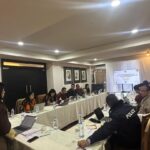
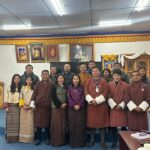
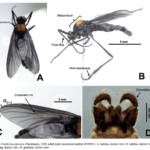
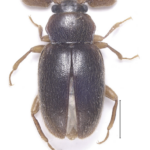
 Views Last 7 days : 1000
Views Last 7 days : 1000 Views Last 30 days : 4928
Views Last 30 days : 4928 Total views : 23587
Total views : 23587